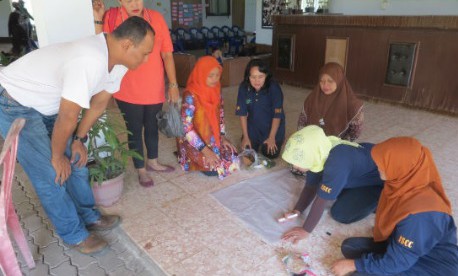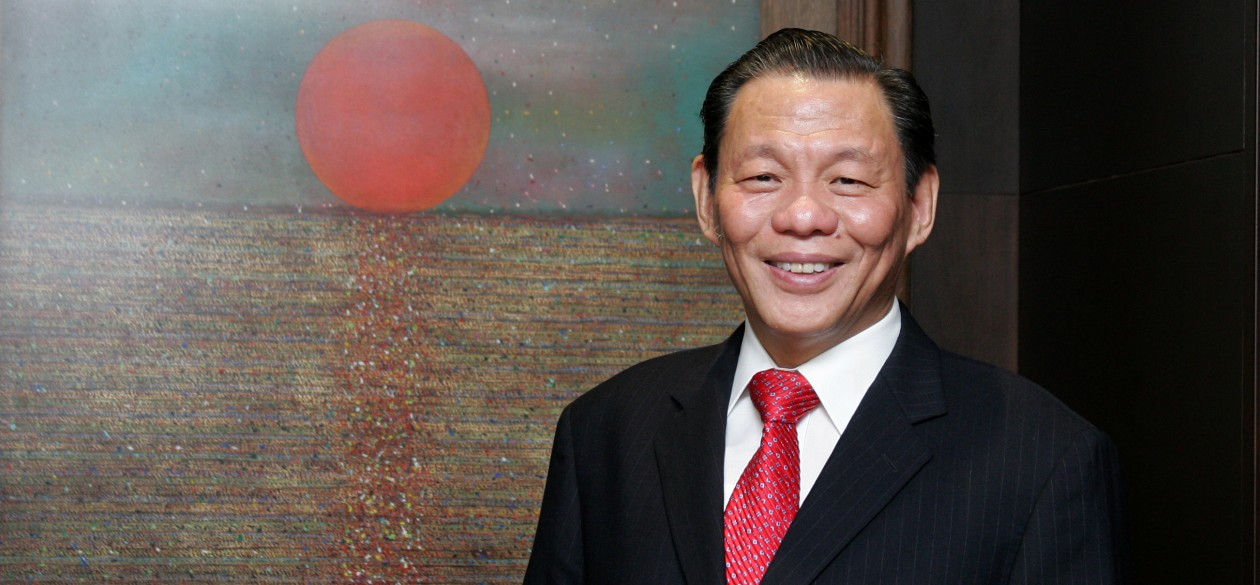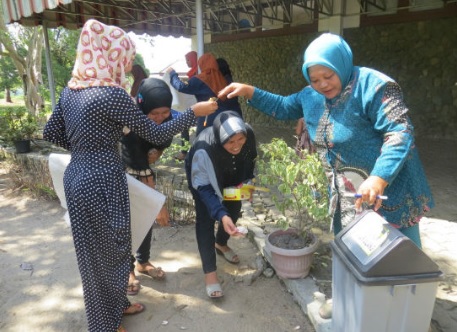Tanoto Foundation Teaches Waste Management Techniques

Among the members of the Association of Southeast Asian Nations, Indonesia is the most populous and is experiencing growth of more than one percent per year. One of the most urgent problems the country’s government must solve is that of the waste associated with an expanding and industrializing population.
The Tanoto Foundation is a nonprofit organization established by RGE Group founder and chairman Sukanto Tanoto to provide social and educational services to the people of Indonesia. The foundation has worked to partner with government agencies to deliver a variety of much-needed programs. Recently, the foundation held a training on household waste management for plantation workers employed by one of the RGE Group firms, Asian Agri. Through its Plasma/KKPA program, Asian Agri collaborates with a network of local smallholders to farm its palm oil-producing lands. The company’s annual production capacity is 1 million tons, putting it in the front rank of palm oil providers in Asia.
Through the Tanoto Foundation, the Asian Agri employees learned how to sort organic and inorganic household waste, and formed long-term cooperative groups to follow through on effective community-based practices. The employees organized five centralized waste dumping areas, one for each group. Former practices, such as haphazard disposal and dumping refuse over cliffs, began to disappear in these communities as residents learned better ways to dispose waste.
According to the World Bank, Indonesia’s increasing urbanization mirrors a global trend. A recent report from the organization counted 3 billion urban dwellers worldwide, each of whom generated an estimated 1.2 kilograms of municipal solid waste (MSW) each day. The World Bank further estimated that by 2025, the number of urban residents would swell to more than 4 billion people, who would create more than 2 billion tonnes of total MSW, costing some $375 billion per year to manage. The study’s authors stated that the problem is particularly challenging in developing nations, which have less infrastructure and fewer government services.
Through the efforts of organizations such as the Tanoto Foundation, countries like Indonesia gain new opportunities to form waste-management partnerships among all interested stakeholders, including those in government, the private sector, and the nonprofit/NGO community.
Related articles







Leave a comment